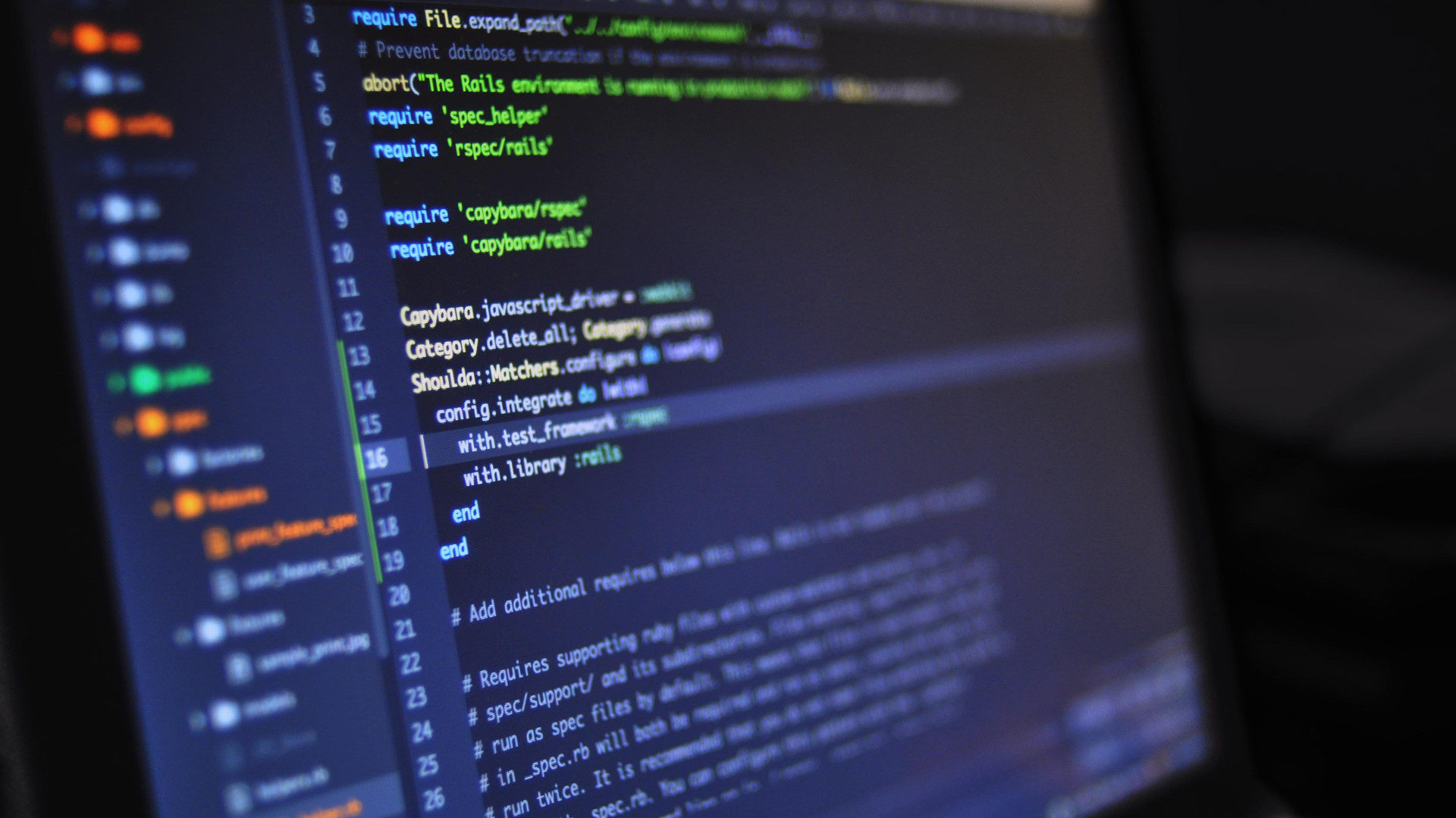Note: This article was originally written July, 2016. Since then digital currency has matured into an interesting market, but the issues raised about national identity, control of the currency and and arbitrage have not been resolved. In the end, the rise of custom digital currencies has occurred, but not by a large commercial enterprise, but by small companies, or countries, looking to take advantage of an untamed market.
 A few weeks ago I had the pleasure of sitting down for a regular breakfast with Ed Scheidt, former head of CIA’s Cryptographic Center and the designer of the cyrpto systems used in the Kryptos Sculpture at the Agency. He and I get together and typically it’s a free-ranging discussion that covers a lot of topics, math, current events, technology and life in general. I find him an interesting person to speak with and he’s always involved in something new.
A few weeks ago I had the pleasure of sitting down for a regular breakfast with Ed Scheidt, former head of CIA’s Cryptographic Center and the designer of the cyrpto systems used in the Kryptos Sculpture at the Agency. He and I get together and typically it’s a free-ranging discussion that covers a lot of topics, math, current events, technology and life in general. I find him an interesting person to speak with and he’s always involved in something new.
This time I asked him about block-chain technology and we both think it needs more work to be truly trusted and viable for transaction vetting. We then chatted about digital currency (DC) for about an hour and a half. Here’s a brief synopsis of our discussion and some points to consider about the future of what we call ‘currency’ today.
First, we defined currency for the sake of this discussion. Currency is what we decided to call an object that can be traded for a certain amount of goods and services. Typically it is represented by an artifact, like a dollar, that can be physically held and serves as a warrant for the exchange. We then agreed that digital currency (beyond Bitcoin) already exists, or least the underpinnings of digital currency exist and can be seen in electronic exchange, value, arbitrage and digital currency in the form of credit cards is already accepted for goods and services, but only because it is tied to a physical currency representation. Next, we agreed that Bitcoin is an early form of true digital currency that will be replaced by a mature digital currency at some point.
After some fun with definitions we talked about who benefits from digital currency and why it hasn’t replaced physical currency. First, currency is usually tied to the GNP of a country and can be counted as an asset, flexible as it is. Currently, Bitcoin represents about 3% of worldwide GNP. However, it is not an official currency of any country. In fact, one of the obstacles for DC is that it could represent the breaking of national sovereignty as it’s the first type of money not tied to a nation-state’s identity like the dollar, pound or ruble and that scares a lot of countries, especially those where the currency is a now considered a diplomatic tool. However, some countries, China for example, are happy to help create DC (in fact, China owns about 60% of all current DC). There are a lot of implications here as currency is truly a tool of the state, and some industries would like to be freed from that harness and act in a larger, global sense, while countries see DC as limiting their ability to manage market fluctuations and de-value currency when it’s in a national interest. So, DC will be a long time in coming as it might create a two-tier monetary system and dis-intermediate nation-state planning and break one of the key definitions of statehood.
In fact, on that note we had a long discussion about why Facebook or Amazon hasn’t created it’s own digital currency- a company such as these would be ripe for taking advantage of a market where they have both trust, the underpinnings, and large user bases to create their own mode of exchange. You could picture Amazon offering a discount for using Amazon Currency and peg it to other currency values. They could then pay vendors with their currency and create a trade network. It would be something they could do without too much work from a technical perspective. The same for Facebook and their ability to have you do in-app purchases using their currency and you already see this with a lot of games in the iTunes/Android marketplaces. It’s an interesting concept and talks to the nature of how we may define nation states in the future- the nation of Facebook or Twitter, etc. But that’s for another discussion.
Once we had chatted on the geo-political ramifications of DC, we talked a bit about the technology behind the currency. One of the keys to acceptance is the ability to check validity of currency and reduce the risk of fraud. We discussed the fact that even with block-chain and other types of encryption, there needs to be new technology invented that provides the same level of trust (and risk reduction) that you get with physical currency. If you look at the current one-hundred dollar bill, it has a myriad of security features like a 3-d ribbon, color-shifting ink, watermarks, raised printing, etc. All of these features could be reproduced by a counterfeiter, but only with a large amount of time and resources. DC has none of these layered features in a mature way today, but will someday. So, for DC to really work, the digital equivalents of these features will need to be created, validated, produced, and trusted.
We then spoke about what level of trust would be required as many people don’t know how compute or math really works at a certain level and that any type of algorithm can be reproduced or mimicked because math is not an exclusive domain of only one country or industry and in that case, the reproduction of compute security can be undertaken and accomplished in many cases, with less effort than counterfeiting a hard currency. The final analysis being that for a bank, or finance institution to really accept DC, it must be able to quickly quantify risk of loss, have insurance, re-insurance, and a mitigated risk strategy that exists, for example, with credit card transactions today. In many cases, the biggest fear for DC is that risk cannot be calculated within an acceptable range.
In the end, we agreed, as you can imagine, that DC is going to happen. The real struggle is who will create it and own it… a nation, a corporation or a set of technologists wishing to free themselves from the shackles of historical definitions… and it’ll be interesting to see which prevails.

